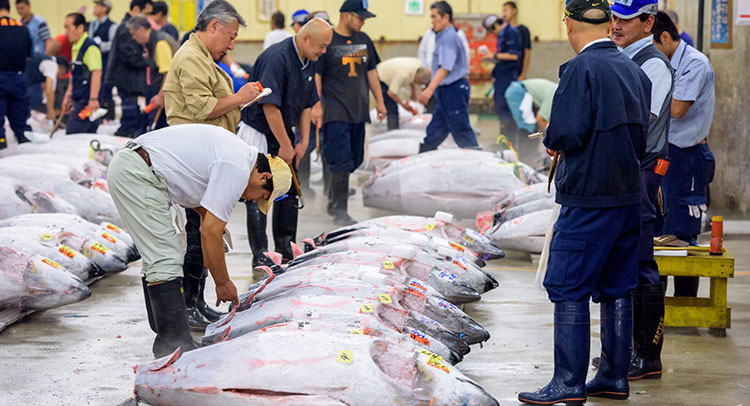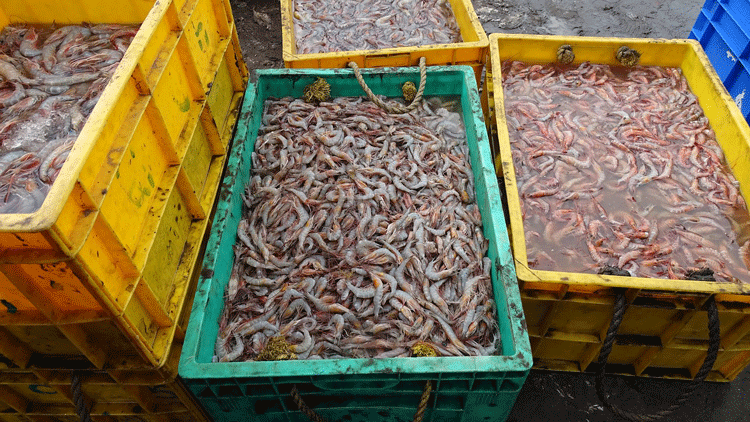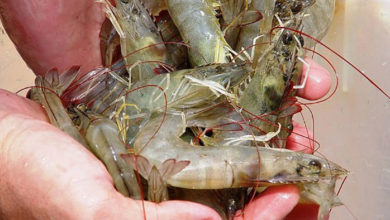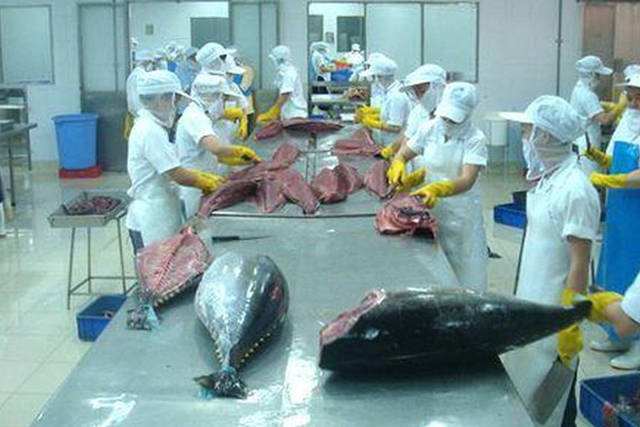Vietnam’s tuna industry eyes opportunities in the Halal market
Vietnam’s tuna exports to Halal markets, including the Middle East, Malaysia, and Brunei, are showing strong growth potential, according to data from the General Department of Vietnam Customs.
In particular, tuna exports to the Middle East have increased steadily over the past four years. Export turnover rose from USD 83 million in 2021 to USD 113 million in 2024, marking a 35% increase. Despite ongoing geopolitical instability affecting trade with the region, the Middle East remains a promising market for Vietnamese tuna.

Similarly, exports to other Halal markets such as Malaysia and Brunei saw notable growth in 2024, with increases of 36% and 24%, respectively.
Globally, over 2 billion Muslims live across 112 countries and territories, comprising about 25% of the world’s population. The majority, around 62%, reside in Asia, particularly within ASEAN. The Asia-Pacific region, home to the world’s largest Muslim population, consumes over 63% of global Halal products, making it a vital hub for this dynamic market. Strategically located, Vietnam is considered a key gateway to this vast consumer base.
In response to the growing importance of the Halal sector, Prime Minister Pham Minh Chinh recently instructed the Ministry of Industry and Trade and the Ministry of Foreign Affairs to draft a plan to promote Halal food exports, referencing recommendations from the Government Portal’s report.
However, strict Halal certification standards and complex approval processes present major challenges for Vietnamese exporters. The Vietnam Trade Office in the United Arab Emirates (UAE) emphasized the need for Vietnam to develop a robust legal framework for Halal compliance, including national standards and certification protocols aligned with international requirements.
The UAE is particularly significant in this context. Strengthening Halal-related cooperation, especially in certification aligned with UAE standards, is viewed as critical. Competition in the Halal product market is fierce, with established players holding strong reputations and market share.
To overcome these barriers, Vietnam must implement targeted support policies. These include dedicated budget resources for Halal production and certification, intensified trade promotion efforts, and the development of specialized human resources. Additionally, reliable intermediary organizations are needed to assist enterprises with certification and compliance in foreign markets.
With traditional markets like the U.S. and EU facing increasing challenges, Halal markets offer a timely and strategic opportunity for Vietnamese tuna exporters to diversify and expand their global reach.
VFM






